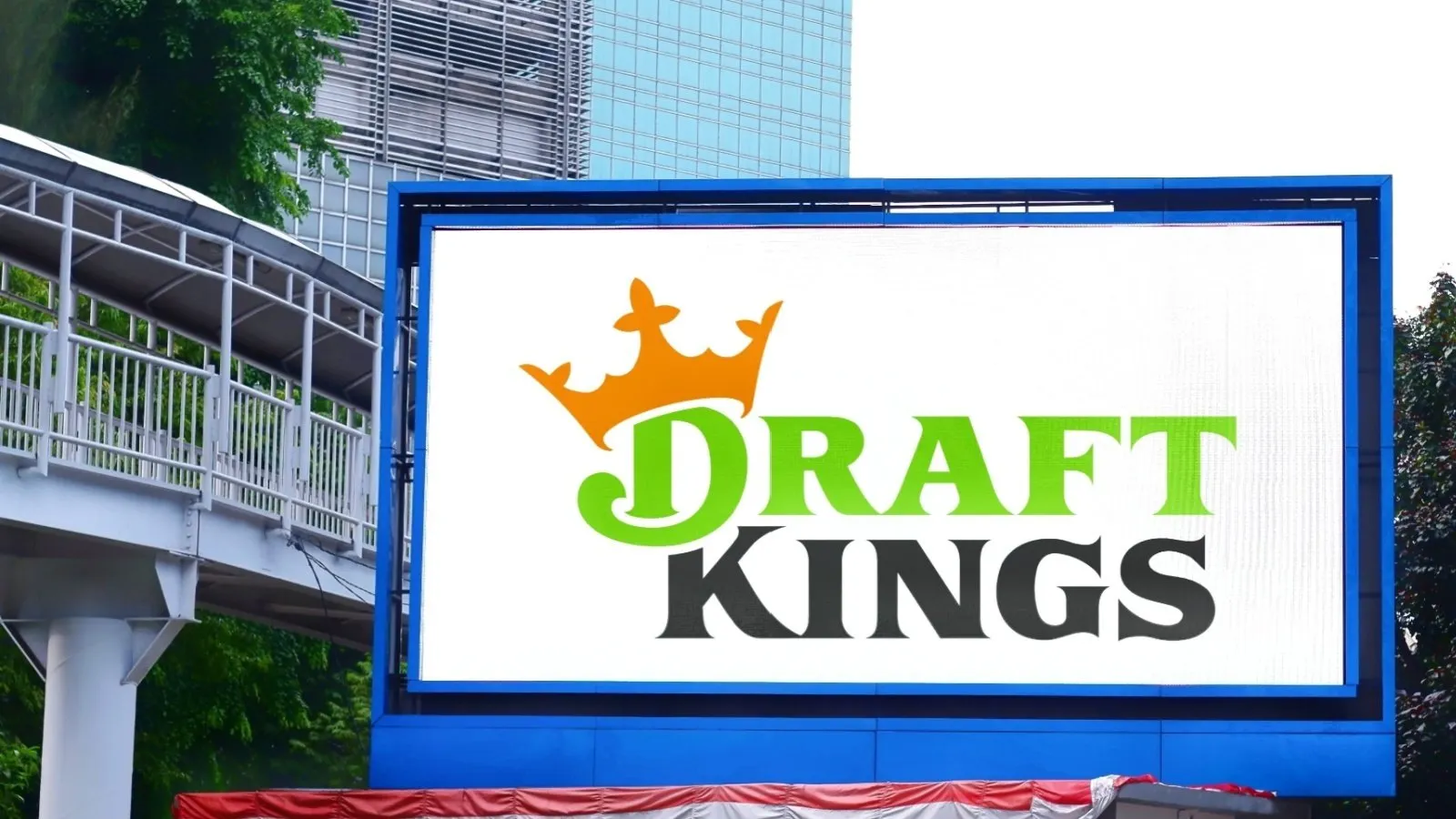A U.S. District Court judge in Massachusetts has denied DraftKings' motion to dismiss a class action lawsuit alleging its NFTs are unregistered securities, potentially setting the stage for a landmark trial that could reshape the NFT landscape.
The case, Dufoe v. DraftKings Inc., which was filed in March 2023, claims that DraftKings' sports-themed NFTs on the Polygon blockchain meet the criteria of the Howey test, potentially classifying them as securities. Now, a new court filing indicates that the case is moving forward under Judge Denise Jefferson Casper.
The trial is proceeding at a critical juncture for the NFT market. As of July 3, 2024, the NFT space has seen a significant cooldown from its 2021-2022 highs. According to data from CryptoSlam, Q2 2024 saw a 45% quarter-on-quarter decline in sales volumes, with total sales reaching approximately $2.28 billion—the lowest since Q3 2023.
Despite this downturn, the NFT ecosystem continues to evolve, with brands and companies exploring diverse applications far beyond digital art. The breadth of NFT use cases has expanded dramatically, touching various industries and creating new forms of digital ownership and engagement.
Sports collectibles, like Dapper Labs' NBA Top Shot—although they have fallen from their dizzying peak—continues to maintain a dedicated following, allowing fans to own iconic moments in sports history. Virtual real estate in metaverse platforms such as Decentraland and The Sandbox are traded as NFTs, creating digital property markets.
Luxury fashion brands including Louis Vuitton, Gucci, and Prada, along with digital-native "phygital" brands like DressX, are creating NFT-based digital wearables and collectibles, blurring the lines between physical and digital fashion.
This diverse range of applications demonstrates the versatility of NFT technology, but also highlights the complex regulatory challenges ahead as these tokens increasingly resemble traditional securities or financial instruments.
The judge found that the plaintiff in the DraftKings NFTs case “plausibly alleged that DraftKings’ NFTs satisfy three prongs of the Howey test.” In this case, that includes an initial investment of money into a common enterprise that created a reasonable expectation of profit from the company's efforts.
This ruling could have far-reaching implications for the NFT industry. If NFTs are classified as securities, it could significantly impact how companies create and market these digital assets. Brands may need to reconsider their NFT strategies to ensure compliance with securities regulations, potentially stifling creativity and innovation in the space.
Last August, Matthew Sigel, head of digital assets research at VanEck, wrote about that the significance of NFTs to companies like DraftKings, where they account for nearly 5% of earnings. A shift in the regulatory landscape could have substantial financial implications for such firms.
"DraftKing's Reignmakers, an NFT game on Polygon, is set to generate $70M in high-margin revenue over the next year & boost EBITDA by ~5%,” he wrote in a blog post.
The case bears similarities to the recent Dapper Labs settlement, where the company agreed to pay $4 million to resolve a class action suit over its NBA Top Shot NFTs. However, a key distinction lies in the blockchain infrastructure: While Dapper Labs uses its proprietary Flow blockchain, DraftKings issues tokens on the public Polygon network.
Edited by Stacy Elliott.

